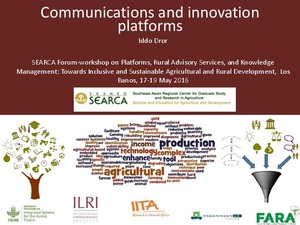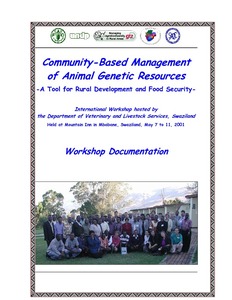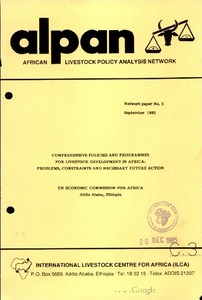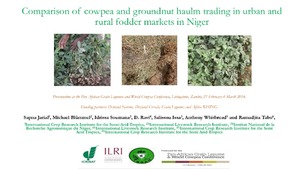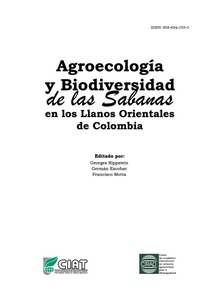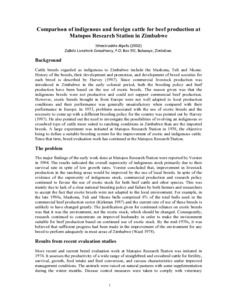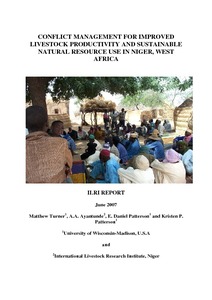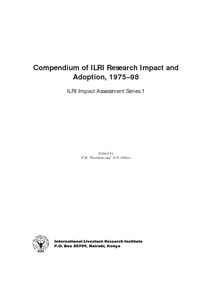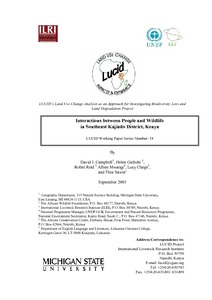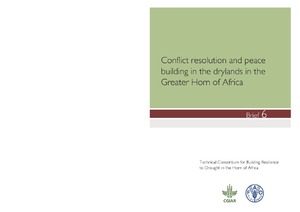Tierras de pastos
AGROVOC URI:
Community conservancies and payments for wildlife conservation (PWC) as a coping strategy under different conservancy institutional arrangements
Comprehensive policies and programmes for livestock development in Africa: Problems, constraints and necessary future action
Discusses the problems of livestock development in Africa - at producer, government and funding agency level; the basic constraints and planning approaches to livestock development; land tenure policies; livestock marketing & pricing policies; animal disease control and eradication policies; and behaviour of the producer in his environment.
Comparison of cowpea and groundnut haulm trading in urban and rural fodder markets in Niger
Condiciones naturales de la sabana
Comparison of indigenous and foreign cattle for beef production at Matopos Research Station in Zimbabwe
Cattle breeds regarded as indigenous to Zimbabwe include the Mashona, Tuli and Nkone. History of the breeds, their development and promotion, and development of breed societies for each breed is described by Harvey (1987). Since commercial livestock production was introduced in Zimbabwe in the early colonial period, both the breeding policy and beef production have been based on the use of exotic breeds. The reason given was that the indigenous breeds were not productive and could not support commercial beef production.
Conflict management for improved livestock productivity and sustainable natural resource use in Niger
Compendium of ILRI research impacts and adoption, 1975-1998
This document lists and summarises studies by ILRI (International Livestock Research Institute) and its predecessors, ILCA (International Livestock Centre for Africa) and ILRAD (International Laboratory for Research on Animal Diseases), on the adoption and impact of their research output. It will be updated regularly as old activities are completed and new ones are started.
Conflict management, decentralization, and agropastoralism in dryland West Africa
This paper reports on a four-site study conducted in the Sahelian zone of Niger. The study takes a novel mixed methods approach for understanding conflict management from the perspective of rural peoples by not only describing past highly publicized conflicts but also by analyzing the steps rural peoples follow to management disagreements that arise in their everyday lives. This “bottom-up” approach reveals both a capacity and preference among our informants to manage disagreements informally without involving village or extra-village authorities.

